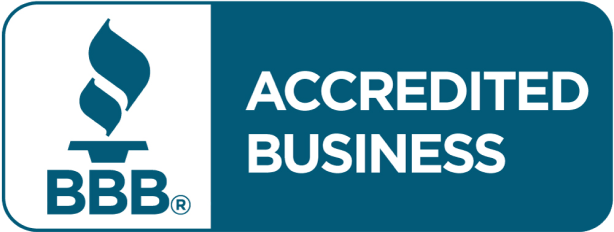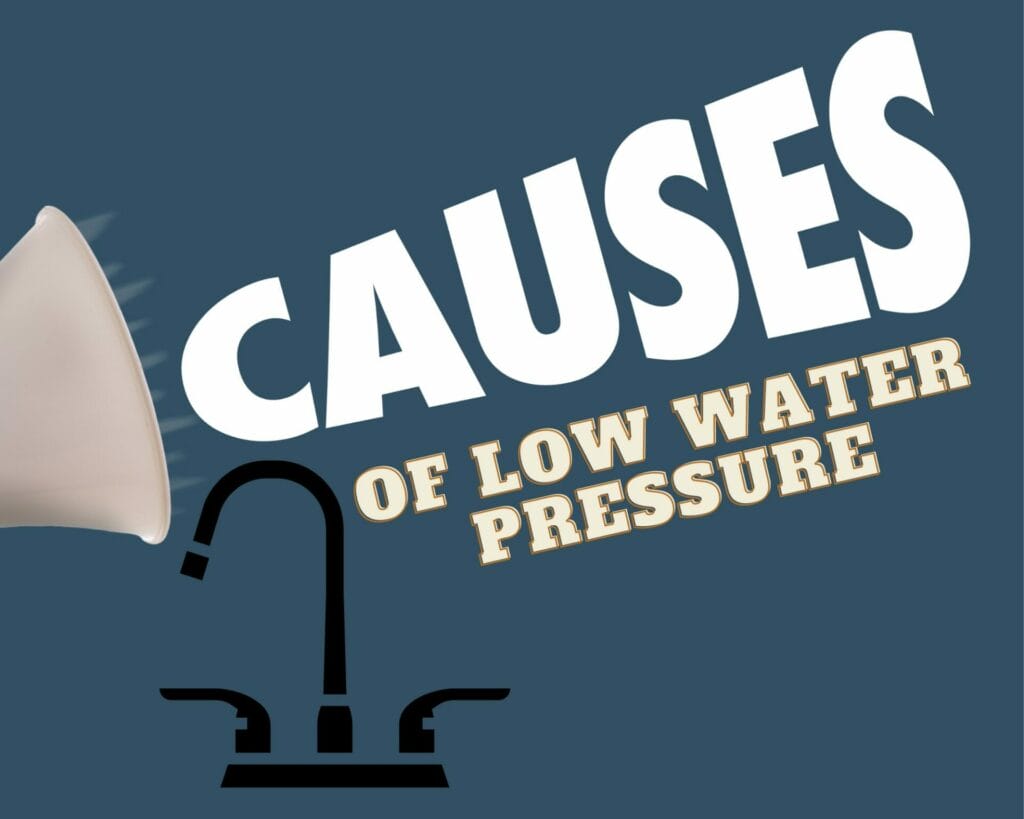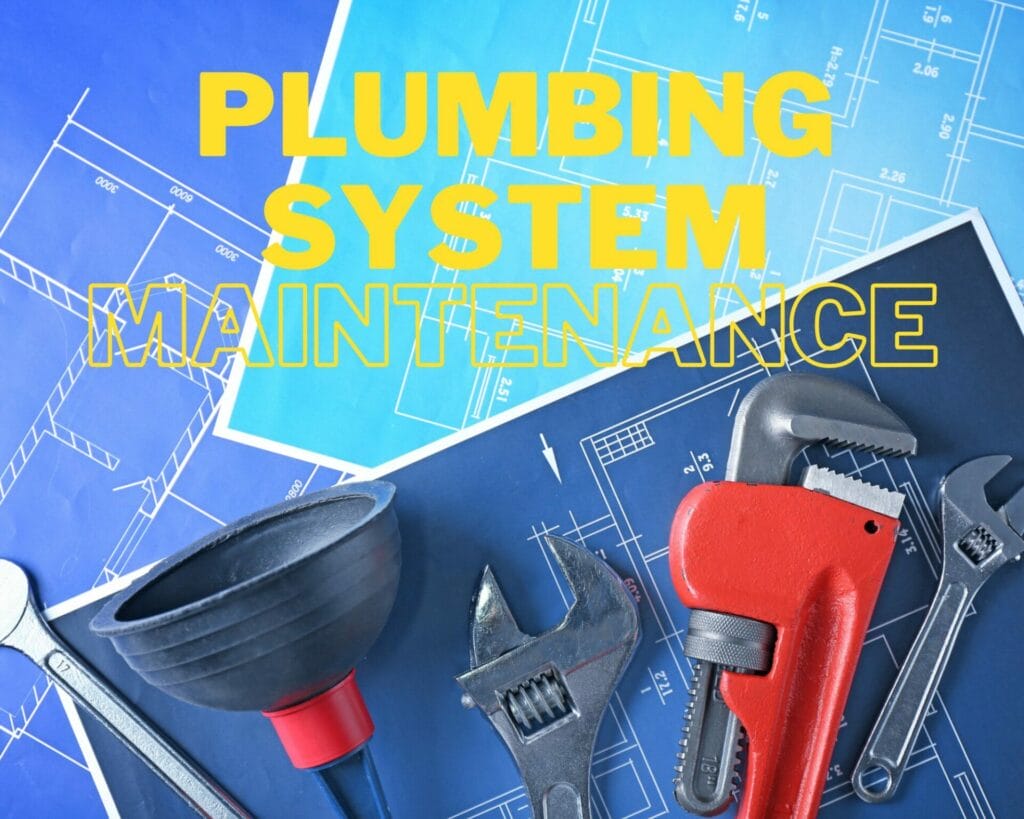License #12173

Water pressure—it's one of the many heroes in our homes, quietly making sure our showers are refreshing, our dishes get clean, and our laundry comes out spotless.
But what happens when that steady stream becomes more of a dribble?
Low water pressure can turn everyday tasks into frustrating challenges, leaving us scratching our heads and reaching for the wrench.
In this guide, we'll dive into the world of water pressure and uncover the common culprits behind its mysterious decline.
From clogged pipes to sneaky leaks, we'll unravel the knots that can tie up your water flow, empowering you to troubleshoot and tackle low water pressure head-on.
Ready? Let's decode the secrets behind your home's water woes.

You turn on the faucet, expecting a robust flow of water, but instead, you're greeted with a feeble trickle.
What's causing this frustrating phenomenon?
Let's reach into the heart of the matter and uncover the primary culprits behind dwindling water pressure in your home.
Deep within the labyrinth of your plumbing system, debris, sediment, and mineral deposits can gradually accumulate, obstructing the free flow of water.
Over time, these clogs can constrict the passageways within your pipes, restricting the volume of water that can reach your faucets and appliances.
Even the tiniest leak can wreak havoc on your water pressure.
Whether it's a minuscule drip or a more substantial breach in your plumbing system, leaks divert precious water away from its intended destination, leading to a noticeable reduction in pressure throughout your home.
Sometimes, the source of your water pressure woes lies beyond the confines of your home.
Issues with the municipal water supply, such as fluctuations in pressure or maintenance-related disruptions, can directly impact the amount of water available to your household appliances and fixtures.
Valves play a crucial role in regulating the flow of water within your plumbing system.
However, if these valves become compromised due to wear and tear or improper installation, they can impede the smooth passage of water, resulting in diminished pressure and performance.
You've noticed the ebb and flow of your home's water pressure, but what if I told you it's not all about what's happening inside your pipes?
External factors like the changing seasons, ongoing construction projects, and routine maintenance of municipal infrastructure can all play a role in the fluctuations of your water pressure.
Let's take a closer look at how these outside influences impact the flow of water in your home and explore strategies to manage and mitigate their effects.
As the seasons shift, so too can your water pressure.
In colder climates, freezing temperatures can cause water lines to contract, leading to reduced pressure.
Conversely, in warmer months, increased demand for water, especially for outdoor activities like gardening or washing cars, can strain municipal water systems, resulting in lower pressure during peak times.
The hustle and bustle of construction work in your neighborhood can send ripples through your water supply.
Excavations, roadwork, and new developments can disrupt underground pipes and infrastructure, causing temporary dips in water pressure or even interruptions in service.
While these disruptions are often unavoidable, staying informed about planned construction projects in your area can help you anticipate and prepare for potential impacts on your water pressure.
Just like your car needs regular maintenance to stay in top condition, so too does the infrastructure that delivers your water.
Routine maintenance and repairs to municipal water mains, pumps, and treatment facilities are essential for ensuring a reliable water supply.
However, these maintenance activities can sometimes lead to temporary reductions in water pressure as systems are shut down or reconfigured.
Staying informed about scheduled maintenance and working closely with local authorities are a few ways you can minimize the impact on your water pressure and stay prepared for any disruptions.
You've uncovered the root causes behind your home's low water pressure, but now it's time to take action.
Let's explore practical solutions and strategies to restore optimal water flow and reclaim the comfort of your daily routines:
When faced with low water pressure, homeowners often seek immediate solutions.
However, before reaching out to professionals, there are several straightforward steps you can take to troubleshoot and potentially resolve common water pressure issues on your own.
Following these DIY troubleshooting tips identify minor issues and restore optimal water flow without the need for professional assistance.
Much like your car needs regular tune-ups to maintain peak performance, your plumbing system also requires consistent care to ensure smooth operation and reliable water pressure.
Scheduling routine maintenance appointments with a qualified plumber can help detect and address potential issues before they spiral into costly repairs or disruptions in water pressure.
Being proactive in your plumbing maintenance efforts goes a long way, you can protect your home and enjoy uninterrupted access to clean, flowing water.
Still not convinced? Let’s break it down for you:

In cases where low water pressure stems from external factors such as fluctuations in the municipal water supply, effective communication and collaboration with local authorities are key.
Stay informed about scheduled maintenance or repairs that may affect water pressure in your area, and reach out to municipal authorities promptly if you notice persistent issues.
Working together means you’ll address external supply issues and minimize disruptions to your household water pressure.
As we've unraveled the mysteries behind low water pressure, it's clear that proactive maintenance is essential to maintaining optimal water flow in your home.
Implementing the insights gained from this guide will help you take charge of your plumbing system and protect against costly repairs and disruptions.
Regular maintenance not only extends the lifespan of your plumbing fixtures, but it also preserves water quality, enhances energy efficiency, and promotes health and safety for your household.
Don't hesitate to seek professional assistance when needed, and consider partnering with Majewski Plumbing for expert solutions tailored to your specific needs.
Together, let's ensure that your home enjoys the steady and reliable flow of water it deserves.
1275 Bayshore Rd
Villas, NJ
08251
(609) 374-6001
https://www.majewskiplumbing.com/

